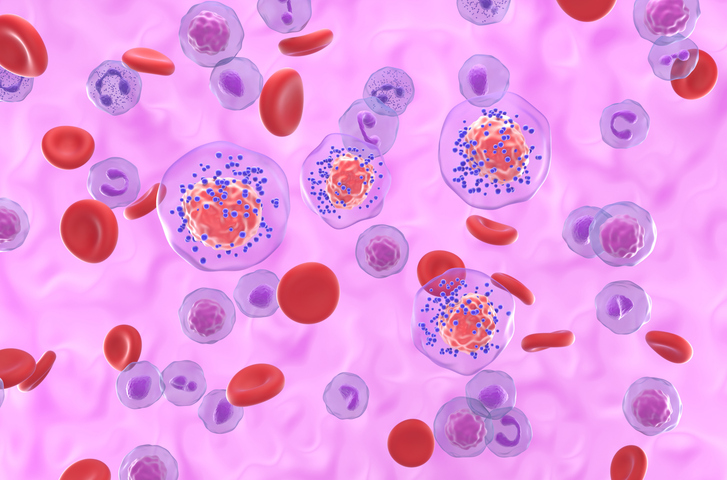
A new statement released by the U.S. Preventive Services Task Force (USPSTF) instructs the medical community to build upon the current BRCA1/2 evaluation techniques. This statement also calls for more genetic counseling and testing in those at the greatest risks related to BRCA mutations. Though these changes proposed by the USPSTF are a step in the right direction, they do not address several pressing concerns regarding genetic testing. Susan Domchek, MD, executive director of the Basser Center for BRCA at the Abramson Cancer Center at the University of Pennsylvania, highlights these concerns in a JAMA editorial published today.
Mutations in the BRCA1/2 genes are known to put one at a significantly increased risk for breast, ovarian, pancreatic, and prostate cancers. There are many genetic tests available that allow the consumer to identify whether they have mutations in either BRCA1 or BRCA2, but Domchek and co-author Mark Robson, MD, feel that there are several shortcomings of the new USPSTF recommendations. Robson is also a medical oncologist and chief of Breast Medicine Service at Memorial Sloan Kettering Cancer Center.
The link between genetic testing and effective treatment plans is one important concept that the two felt was not properly addressed in the statement. They claim that the BRCA1/2 mutations can have a significant impact on surgical procedures for patients with early-stage breast cancer and that this influences treatment plans for advanced cancers as well. The new USPSTF guidelines fail to address newly diagnosed patients with breast or ovarian cancers, or patients with advanced cancers like metastases.
The authors identify large, comprehensive genetic tests as another area of concern that these recommendations missed. Being that new gene tests are capable of screening for up to 80 genes at once, compared to prior tests that only analyzed a few genes at a time, there are many mutations that have very weak connections to cancers. Though it is useful to see this wide range of potential genetic risk factors, it is important to note that fixating on these less impactful mutations could distract consumers from more important indicators such as BRCA1/2.
Also, the rise in popularity of consumer-level genetic tests, such as 23andMe, is displacing the genetic experts and physicians from the review of these results. It is important for the consumer to go over the genetic findings of such tests with a trained professional to ensure that they are not misinterpreted and to emphasize the genetic abnormalities that are most meaningful.
“We should think of genetic testing like the internet,” explained Domchek. “It’s a tool, full of information, but there’s nuance in making sense of that information and determining how to act on it.”
Aside from these shortcomings, Domchek does acknowledge that these recommendations do pose valuable information. “The statement adds those who have previously been diagnosed with breast or ovarian cancer, but are now cancer free, to the list of those who should undergo careful genetic risk-assessment, which is a positive addition as finding a BRCA1/2 mutation in these patients could directly impact their medical care and have implications for their relatives. It also more explicitly includes ancestry as a risk factor,” she said.
Domchek concludes that all healthcare professionals have the obligation to help their patients properly utilize genetic testing and that there is a need for further BRCA-related research to “ensure that those at the highest risk have access to testing.”
BRCA1/2 genetic testing recommendations still leave issues unresolved https://t.co/EvNtusCeoB #Medical #News #RT
— Life Technology™ (@LifeTechnology1) August 20, 2019







 © 2025 Mashup Media, LLC, a Formedics Property. All Rights Reserved.
© 2025 Mashup Media, LLC, a Formedics Property. All Rights Reserved.